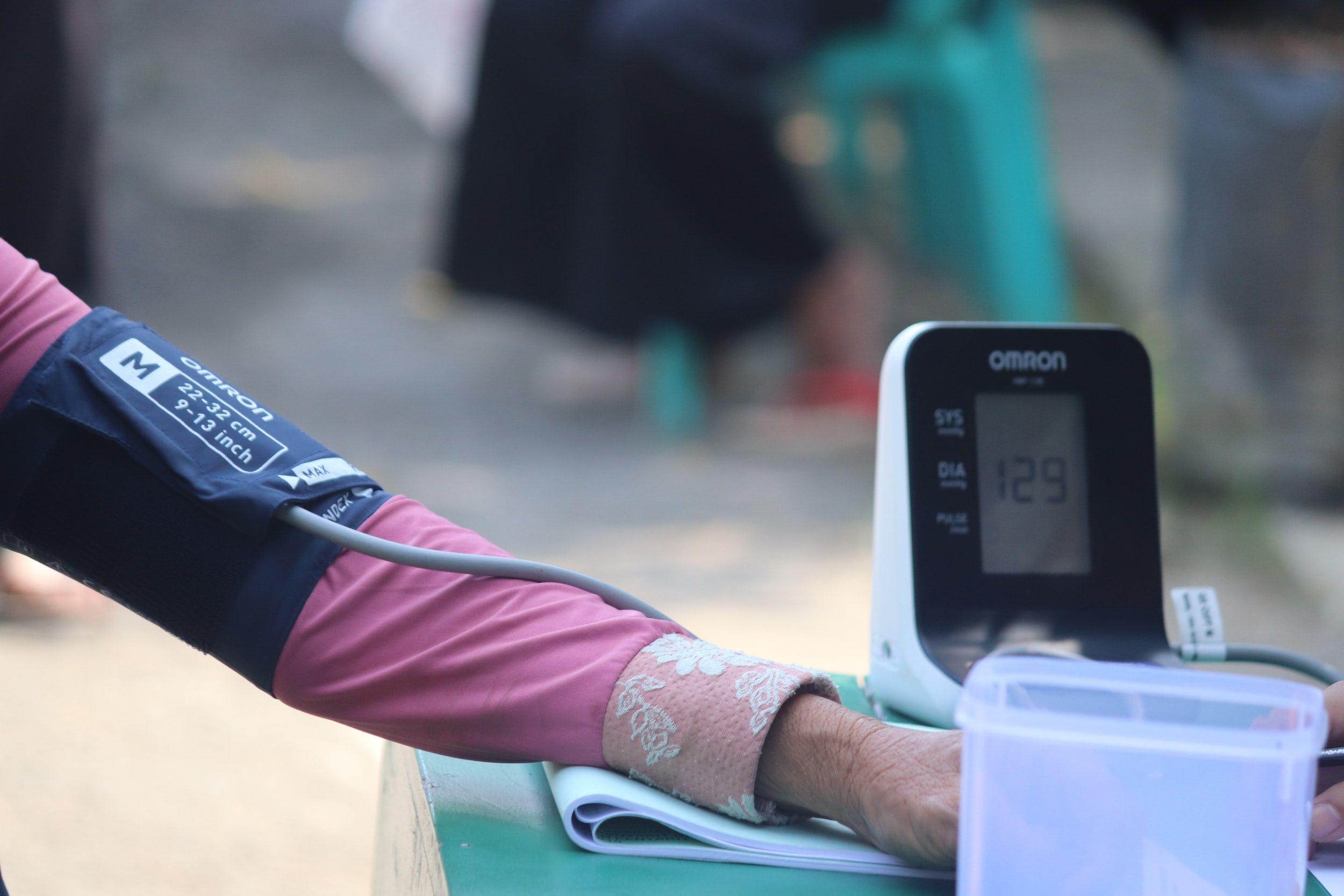
Clinical Cases and Internship Activities
Students are expected to complete several simulated clinical cases and activities (e.g., handoff cases to a resident) during their Night-onCall experience. During the simulation, student learners are evaluated by several actors including Standardized Nurses, Standardized Attendings, and Standardized Patients. After completing Night-onCall, they will receive a feedback report that will be useful in improving clinical and interpersonal skills before internship.Clinical Cases
Activities
-
Oral Presentation to an Attending
During the oliguria case, near-graduates must call an attending on the phone and present the case for advice.
The goal of this activity is to assess communication of a case to an attending over the phone.
-
Literature Search
In the hypertension case, near-graduates are asked to perform a literature search using a computer. A Librarian either watches this process in live time or afterwards and rates the students evidence based medicine search skills.
In this case, the near-graduates’ ability to conduct a literature search around a topic is assessed.
-
Culture of Safety
Near-graduates are asked to read a case scenario after completing the informed consent case. This scenario involves them answering a series of questions related to culture of safety activities.
-
Handover
At the end of NOC, near-graduates are asked to handoff each case to a resident. This activity is meant to simulate a handoff in the AM when an intern finishes their night shift.
NOC FLOW
Near graduates will undergo an introduction, complete a series of clinical cases and associated activities, followed by a hand-off, and a debrief (optional) in a 3-4 hour simulation.The simulation flow for NOC is as follows:
Introduction / Debrief
Near-graduates will be provided with an introduction to the goals and expectations of NOC. Upon completion, it is recommended near graduates will debrief with Faculty. This can be done immediate after NOC and/or once the feedback reports are generated. Pre-work in preparation for NOC
Students are encouraged to prepare by reviewing relevant materials in modules that will be available either in WISE-onCall or Aquifer.
Cases
The cases in NOC assess near-graduates’ ability to take a structured approach to assess a patient with various conditions, to form a differential diagnosis, and to gather information to support or eliminate items from the differential diagnosis. This includes completing an IPASS note.
Activities
The activities, such as a literature search, are designed to assess additional components that are important in practicing medicine independently as an intern.
Handoff
After all cases have been completed, the near-graduate performs a handoff to a resident or attending as the final task for assessment in NOC.








